Inter-affiliate overseas trading surges 20%
[THE INVESTOR] The size of internal trading by the top 10 South Korean conglomerates’ overseas affiliates surged nearly 48 trillion won ($42.78 billion) in the last four years, raising speculations that they have been sidestepping laws that regulate chaebol from awarding lucrative contracts to their domestic subsidiaries.
Under the fair trade law, large businesses are banned from offering contracts to their subsidiaries, at which owner families hold a considerable portion of shares. If they are found to have violated the law, the Fair Trade Commission can impose penalties and file complaints against the responsible family members with the prosecution. The law, however, does not cover inter-affiliates trading carried out outside the country.
According to Chaebul.com. a local corporate tracker, the top 10 conglomerates managed by owner families, awarded 287.6 trillion won worth of contracts to affiliates overseas in 2015, a 20 percent increase from 239.7 trillion won in 2011. The cases also include trading between overseas units.
The size of internal trading between affiliates here, however, diminished 11.6 percent to 123 trillion won, Chaebul.com said, quoting data submitted to the Financial Supervisory Service by the companies.
While the top 10 companies grew 1.6 percent in their combined sales, the portion of contracts given to their overseas units and such deals carried out between their overseas units grew 30.3 percent.
Samsung had inter-trading cases involving its overseas subsidiaries worth 147.1 trillion in 2015, a 16 percent increase from 2011. Hyundai Motor Group also saw such deals surging 30.5 percent to 47.3 trillion won while SK saw a 3.6 percent increase to 32 trillion won.
The law prohibits conglomerates from excessively granting contracts to subsidiaries at which owner families hold a large portion of shares, as regulators see such practices as a way of chaebol tycoons raising their value of shares, taking advantage of their power in businesses.
Listed subsidiaries with more than 30 percent of share ownership by chaebol families and unlisted subsidiaries with 20 percent are subjected to the law.
Meanwhile, industry sources said that Korean conglomerates are in a state of emergency as the new antitrust agency plans to strengthen monitoring of such practices. Kim Sang-jo, a chaebol critic appointed as the head of the FTC, said in a written statement submitted to the parliament that he feels the need to impose tighter rules and penalties on conglomerates violating the law.
The FTC chairman nominee is subjected to a parliamentary hearing, but not for approval.
By Cho Chung-un/The Korea Herald (christory@heraldcorp.com)
EDITOR'S PICKS
- LG Chem eyes new leap into top science company
- Korea enters clear growth path as Q1 growth hits 2-year high
- Hyundai, Kia seek to boost presence in China market
- 7 out of 10 wealthy Koreans offer grim outlook for 2024
- [KH Explains] Korean shipbuilding stocks rally: Real growth or bubble?
- [Hello India] Hyundai Motor vows to boost 'clean mobility' in India
- Eximbank to nurture regional development specialists
- [From the Scene] KG Mobility poised to take next leap






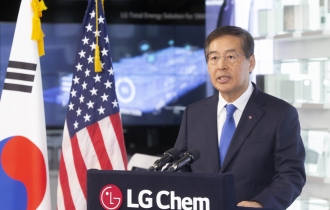
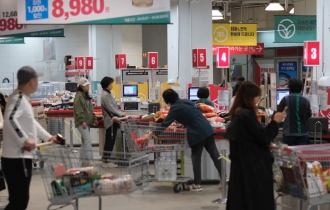
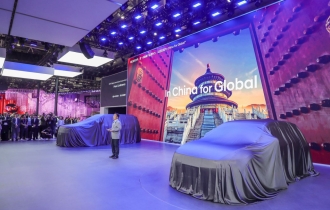
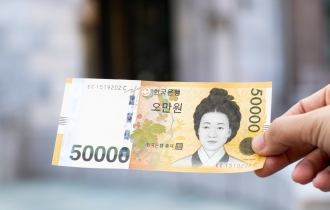
![[KH Explains] Korean shipbuilding stocks rally: Real growth or bubble?](http://res.heraldm.com/phpwas/restmb_idxmake.php?idx=141&simg=/content/image/2024/04/25/20240425050656_0.jpg)
![[Hello India] Hyundai Motor vows to boost 'clean mobility' in India](http://res.heraldm.com/phpwas/restmb_idxmake.php?idx=141&simg=/content/image/2024/04/25/20240425050672_0.jpg)
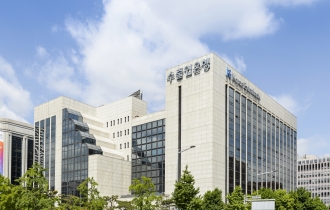
![[From the Scene] KG Mobility poised to take next leap](http://res.heraldm.com/phpwas/restmb_idxmake.php?idx=141&simg=/content/image/2024/04/24/20240424050621_0.jpg)

